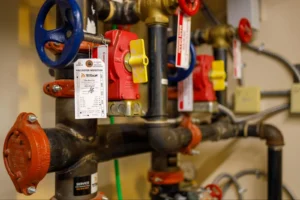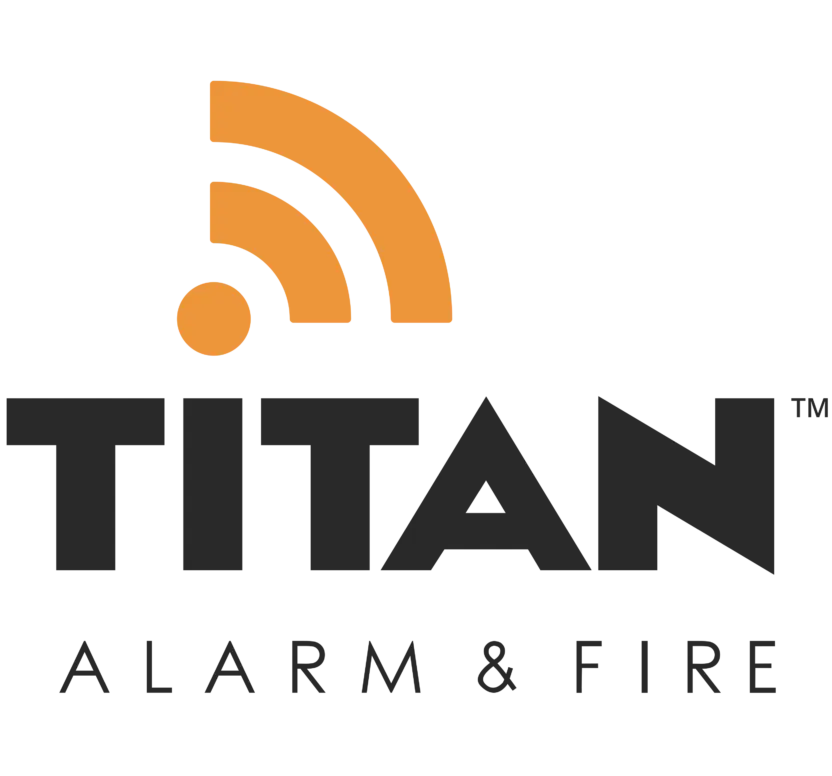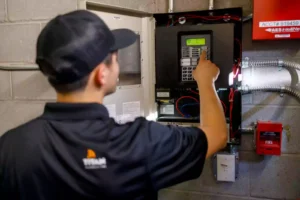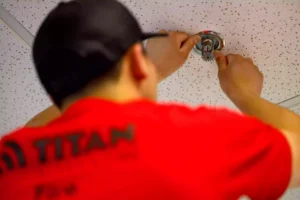
Fire Alarm System Maintenance Checklist
When it comes to protecting the lives of your staff, your property, and your business, your fire alarm system is one of the most important safety tools in the building! But simply installing a fire alarm system isn’t going to cut it. Without regular maintenance, even the most advanced system



